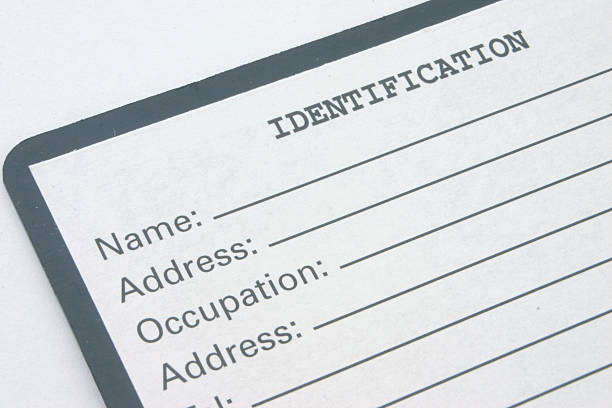Wrongful death cases are among the most tragic and legally complex matters that can arise in the realm of civil law. They involve the untimely loss of a loved one due to the negligence, misconduct, or intentional actions of another party. Pursuing justice in such cases requires a thorough understanding of the types of evidence necessary to establish liability and secure compensation for the surviving family members. In this article, we will explore the various forms of evidence crucial in wrongful death cases including expert testimonies by Nashville Attorneys.
Medical Records and Expert Testimony:
One of the primary forms of evidence in wrongful death cases is medical records and expert testimony including opinions from a Nashville personal injury Lawyer. These documents and testimonies provide crucial insights into the cause of death, the extent of injuries sustained, and the medical treatment provided. Medical records can include hospital records, physician notes, diagnostic test results, and autopsy reports. Expert witnesses, such as medical professionals specializing in relevant fields, can offer opinions on the standard of care, the cause of death, and the long-term effects of injuries.
Eyewitness Testimony:
Eyewitness testimony from individuals who witnessed the events leading to the wrongful death can be invaluable in establishing the sequence of events, the actions of the parties involved, and any negligence or wrongdoing. Eyewitness testimony can come from bystanders, passengers, coworkers, or anyone else who observed the incident firsthand. Their accounts can help corroborate other evidence and provide additional context to the circumstances surrounding the death.
Documentary Evidence:
Documentary evidence encompasses a wide range of materials that can support a wrongful death claim. This may include police reports, accident reports, photographs or videos of the scene, employment records, correspondence, contracts, and any other relevant documents related to the case. These documents can help establish the facts of the case, demonstrate liability, and provide insight into the relationship between the parties involved.
Expert Analysis and Reconstruction:
In cases involving accidents or complex events, expert analysis and reconstruction can play a crucial role in determining liability. Experts in fields such as accident reconstruction, engineering, forensic science, and economics may be called upon to analyze the evidence, recreate the events leading to the death, and provide opinions on causation, fault, and damages. Their expertise can help clarify complex technical issues and strengthen the plaintiff’s case.
Financial and Economic Evidence:
Wrongful death cases often involve claims for economic damages, including loss of income, loss of financial support, medical expenses, funeral and burial costs, and other financial losses suffered by the surviving family members. Financial and economic evidence, such as employment records, tax returns, financial statements, and expert testimony from economists or financial analysts, is essential in calculating the value of these damages and proving their impact on the surviving family members.
Prior Incidents or Complaints:
Evidence of prior incidents, complaints, or violations involving the defendant can be powerful in establishing a pattern of negligence or misconduct. This may include prior accidents, safety violations, complaints from customers or employees, or other instances where the defendant’s actions or inactions resulted in harm to others. Such evidence can demonstrate a history of negligence or disregard for safety, strengthening the plaintiff’s argument for liability.
Contact our Wrongful Death Lawyer today
If you want to know more how you can establish liability and secure compensation for your case contact our experienced
